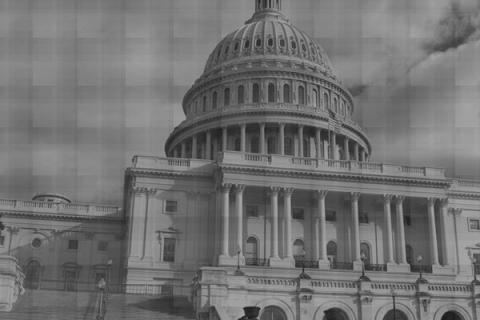California already has adequate laws to address victim’s rights. Prop. 9 is unnecessary, redundant and will waste taxpayer money by duplicating existing state programs. The “Victims’ Bill of Rights”, which placed victims’ rights into the Constitution, was passed in 1982. Other progress has been made to ensure the safety of victims in the “Three Strikes Law.” This new amendment would only provide trivial changes to the existing law and would not help to rehabilitate criminals and would detract from state funding to schools and crime prevention programs.
Proponents of Prop. 9 claim that it will streamline government, but this is simply not true. It will place duplicate laws on the books, convoluting the criminal justice process. Victims of crimes in California already have the right to be notified if their offender is released. They already retain the right to participate in the criminal justice process such as parole hearings and sentencing and to receive advanced notice of all criminal proceedings regarding their offenders. The state-funded Victims of Crime and Resource Center continues to help victims through the system while making clear their rights.
Passing this amendment would be an untenable proposal to taxpayers at the height of a budget crisis. Even the independent Legislative Analyst Office admits, “…the measure could have a significant fiscal effect in the future in the event that it prevented the Legislature or the voters from enacting a statutory early release program to address prison overcrowding problems. Under such circumstances, this provision of the measure could prevent early release of inmates, thereby resulting in the loss of state savings on prison operations that might otherwise amount to hundreds of millions of dollars annually.” If passed, a change to the law would require a ¾ vote of the legislature, making any pitfalls with the amendment a constitutional burden that would take much time and taxpayer money to correct. In a joint statement from the former director of the California Department of Corrections, Alan Breed, and the executive director of the Justice Policy Institute, Sheila A. Bedi, in opposition to Proposition 9, it was stated, “California's parole system is already among the most strict in the United States. The actual annual parole rate for those convicted of second-degree murder or manslaughter has been less than 1% of those eligible for 20 years! So, the need for these tremendously costly changes to existing parole policy is unjustified given the costs involved.”
Certain elements of Prop. 9, namely the revocation of parole hearings might conflict with federal court orders. Passing such a measure might render such “victories” moot, while unduly burdening the state judiciary with more federal challenges to its state law.
Image
Image

Category